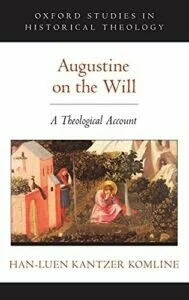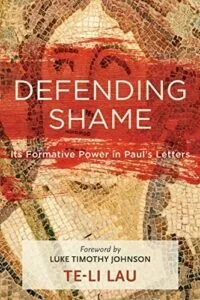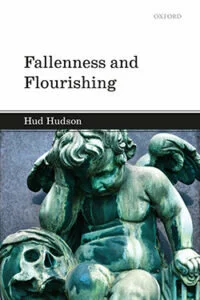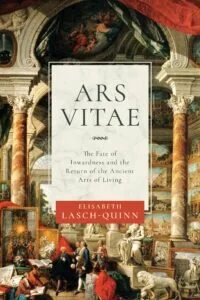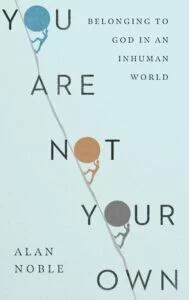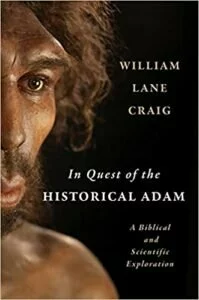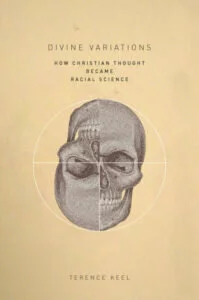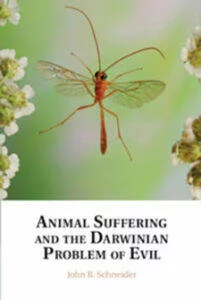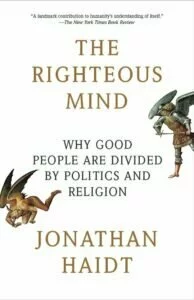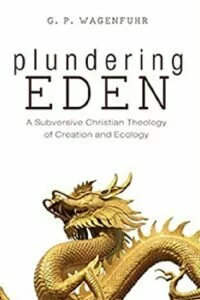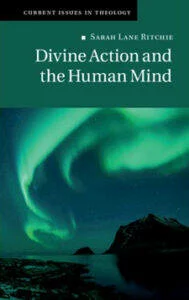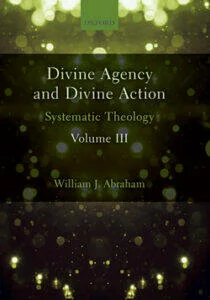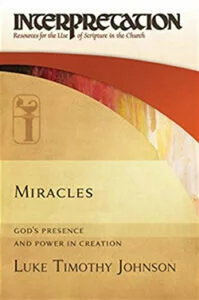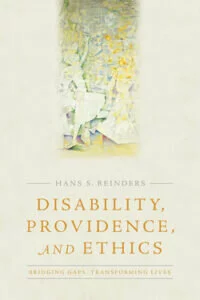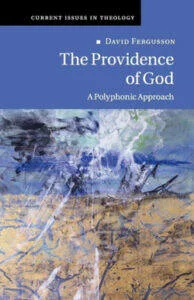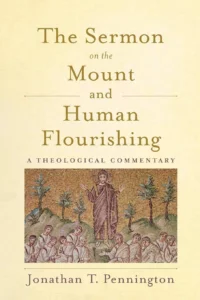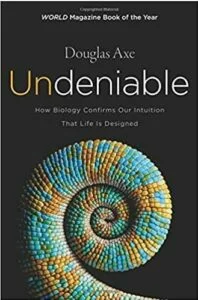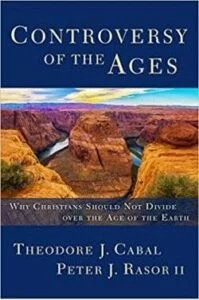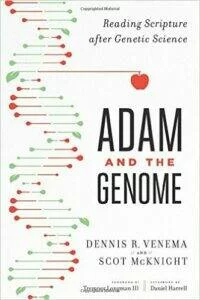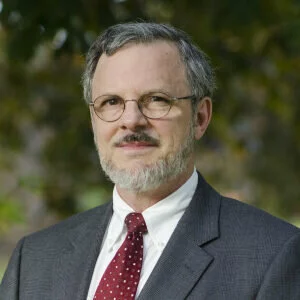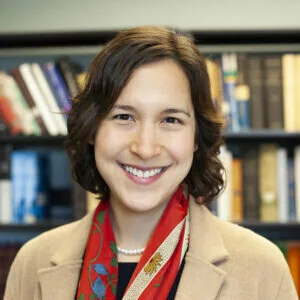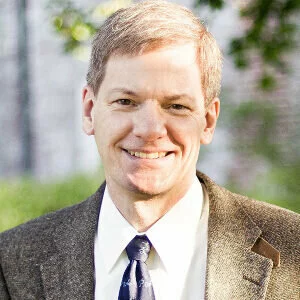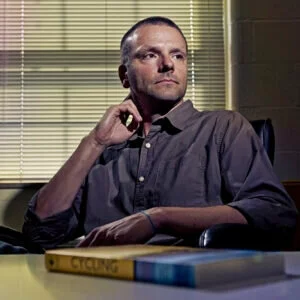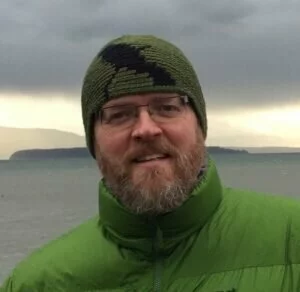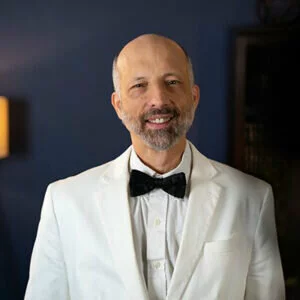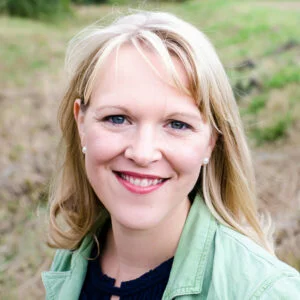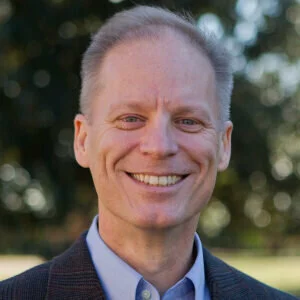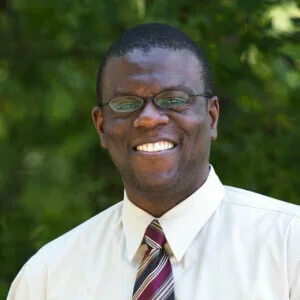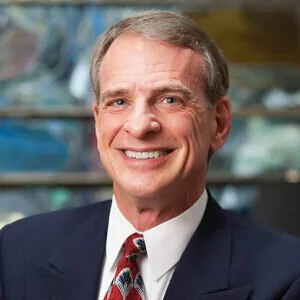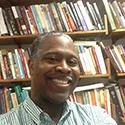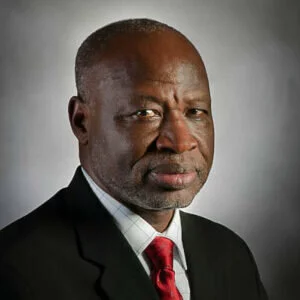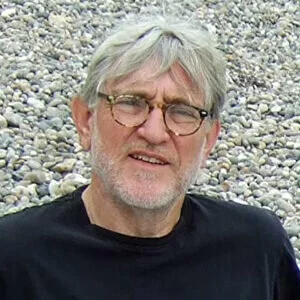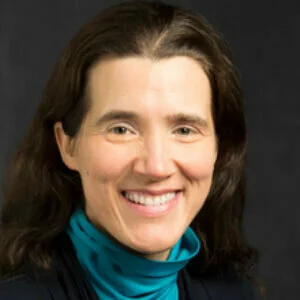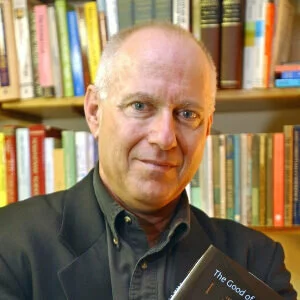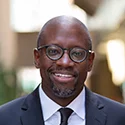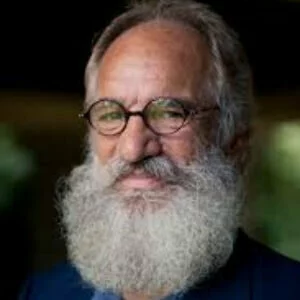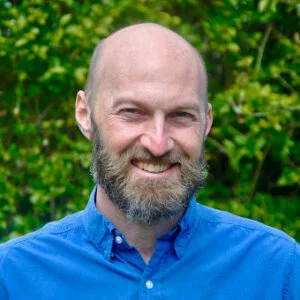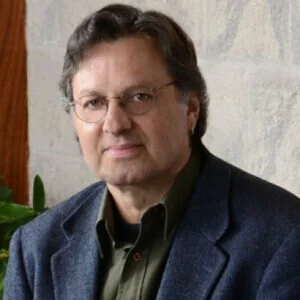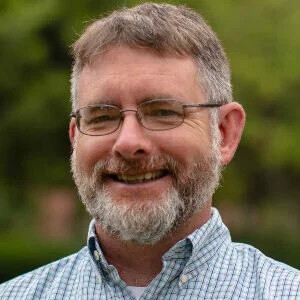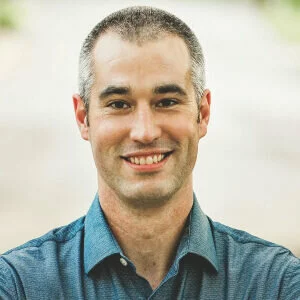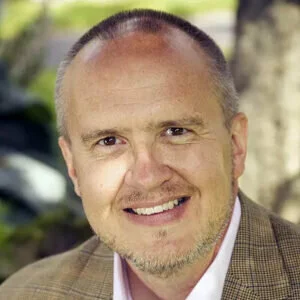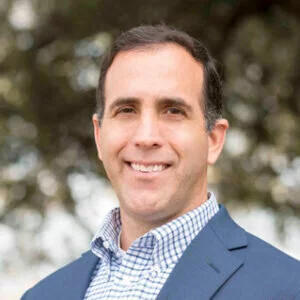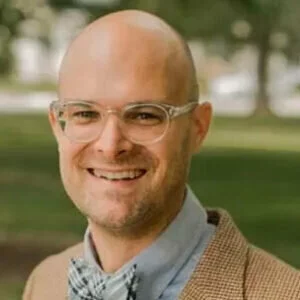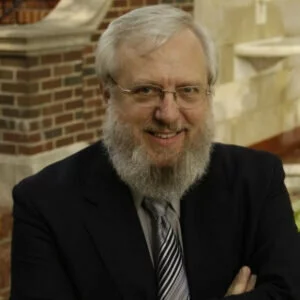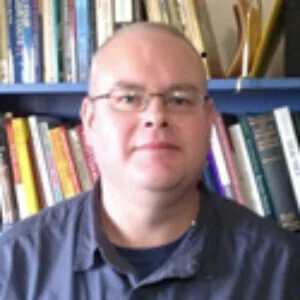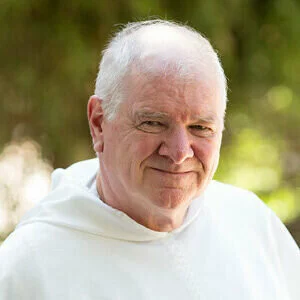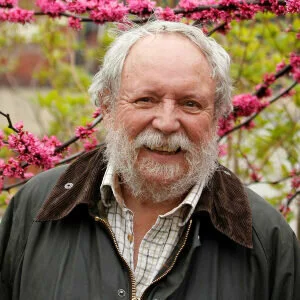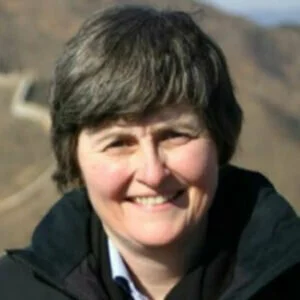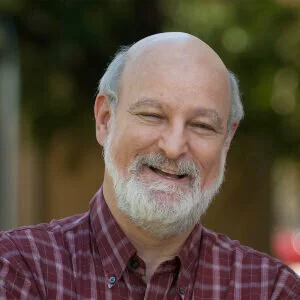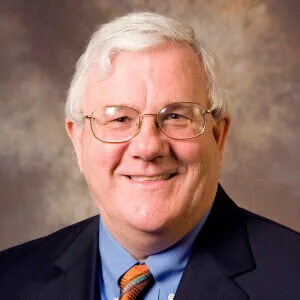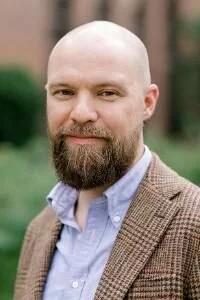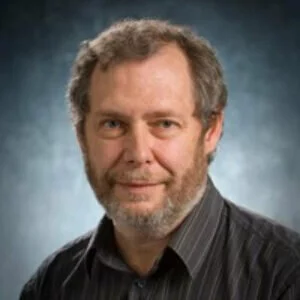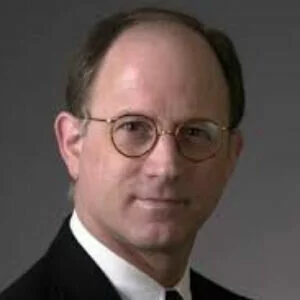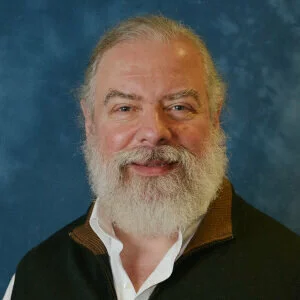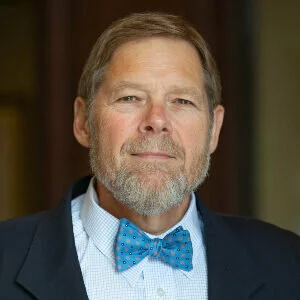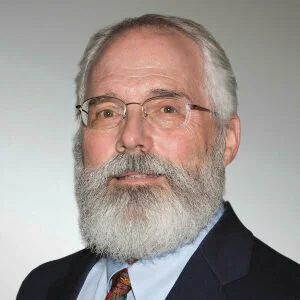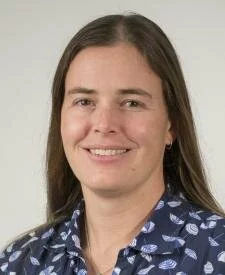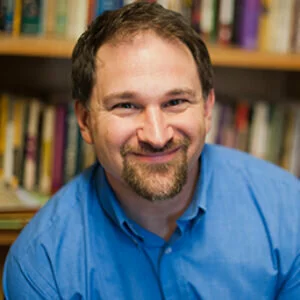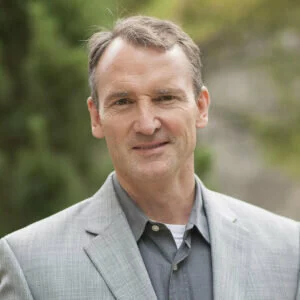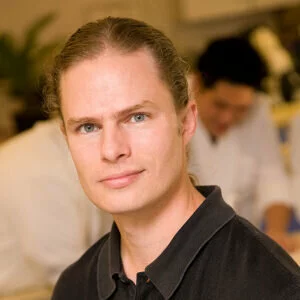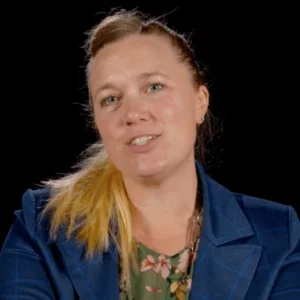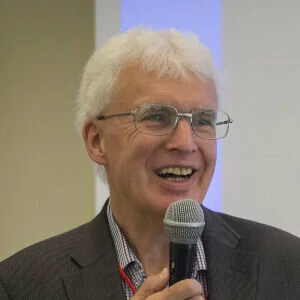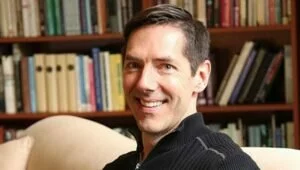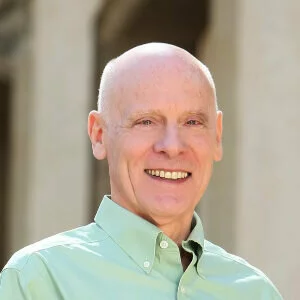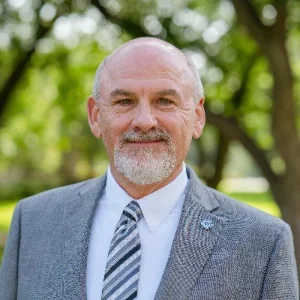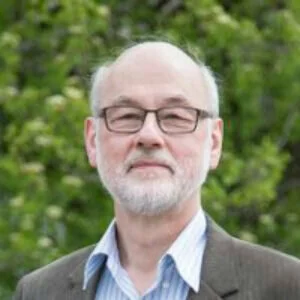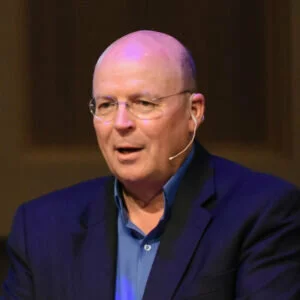Book Symposia
Engaging theologically significant books in a dialogical and constructive way through a multi-post series which summarizes the featured book, offers a few critical reflections, and gives the author of the book a chance to respond.
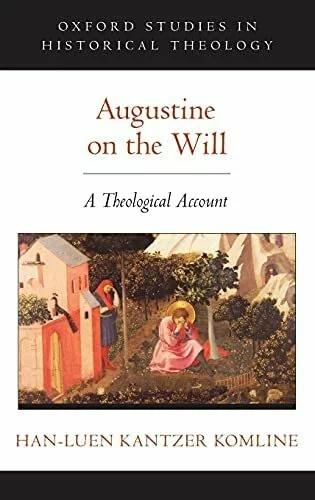
This book provides a framework for Augustine's understanding of will, an aspect of his thought that has proven to be both essential and inscrutable. Han-luen Kantzer Komline demonstrates that Augustine's view is "theologically differentiated," comprising four distinct types of human will, which correspond to four different theological scenarios. This account of the Augustinian will gives a comprehensive picture of the development and mature shape of Augustine's thinking on this vital yet perennially puzzling topic.
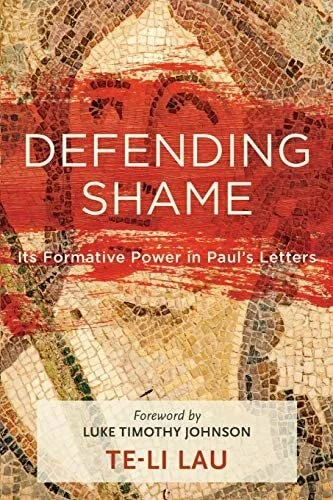
Our culture often views shame in a negative light. However, Paul's use of shame, when properly understood and applied, has much to teach the contemporary church. Te-Li Lau examines Paul's use of shame for moral formation within his Jewish and Greco-Roman context, compares and contrasts Paul's use of shame with other cultural voices, and offers a corrective understanding for today's church.

The failures that come as a result of sin are expressed in widespread unhappiness and in that most misunderstood of the seven deadly sins, sloth. Hud Hudson provides a constructive proposal for responding to this predicament featuring the virtue of obedience.
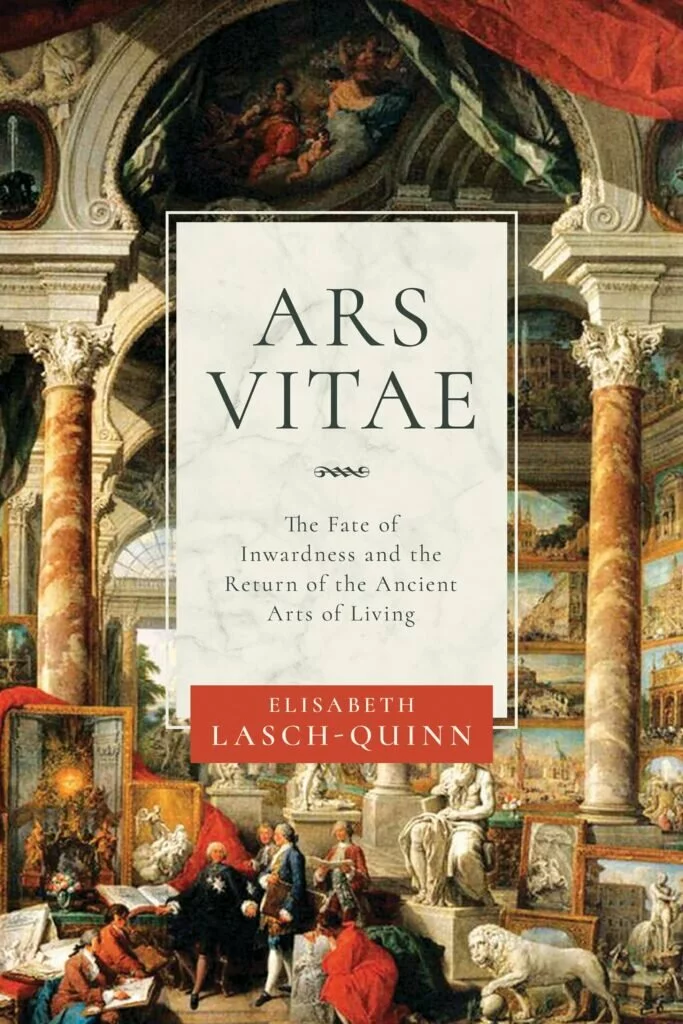
This series looks at ancient philosophy's questions about the good life and what those answers might mean for contemporary culture.
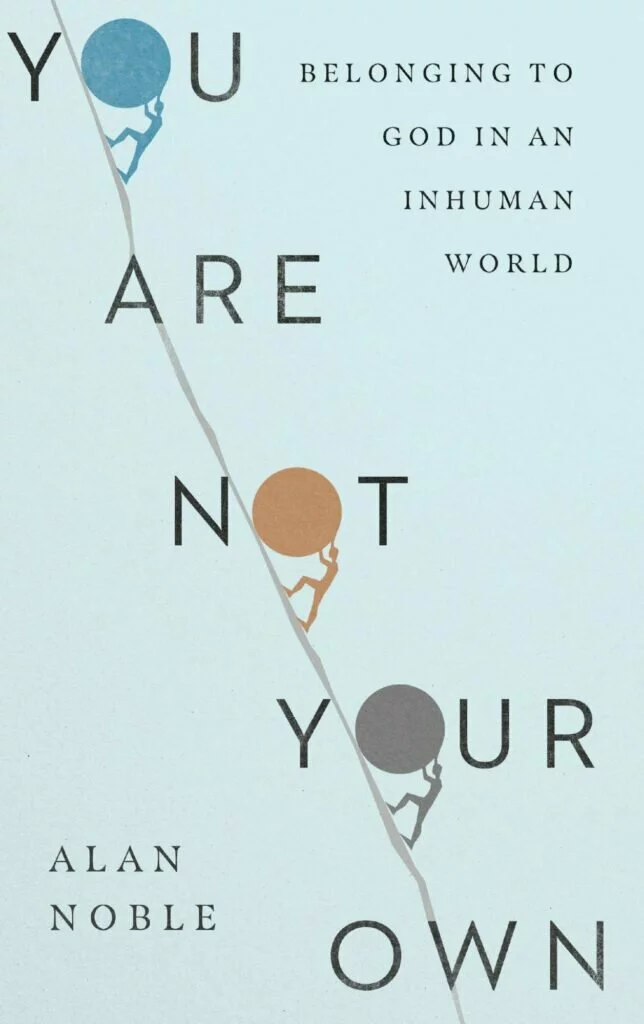
This series based on Alan Noble's You Are Not Your Own explores our modern world built around the self. This world as we've shaped it is not a conducive environment for our flourishing--but freedom is found in belonging to God.
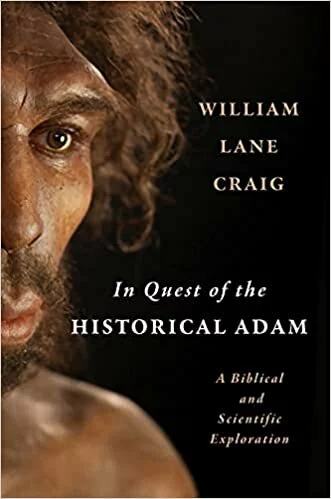
In this work, William Lane Craig parses through the biblical and scientific evidence on the historicity of Adam and Eve. He examines what it might mean for Genesis 1-11 to be "mytho-history."
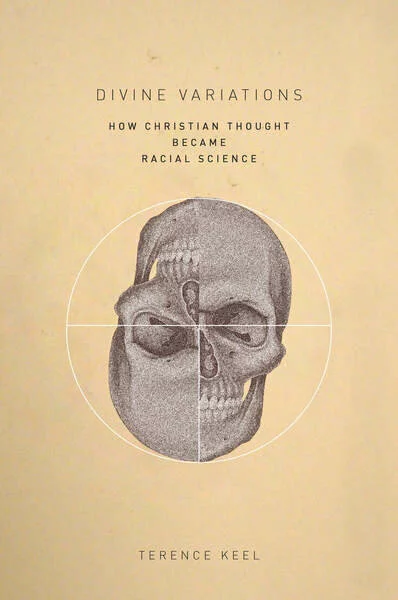
Terrence Keel uncovers the way Christian thought became racial science. This symposium looks at the important questions this book raises about anthropology, creation, divine agency, medical practice, scientific racism, reception history, and white supremacy.
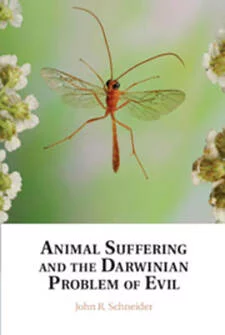
This symposium mines the depths of the age old problem of evil. However, this time it takes a slightly different perspective: Why do animals suffer? How do we square animal suffering with the science of evolution and the truths of Scripture? This six-part series digs deeper into these questions.
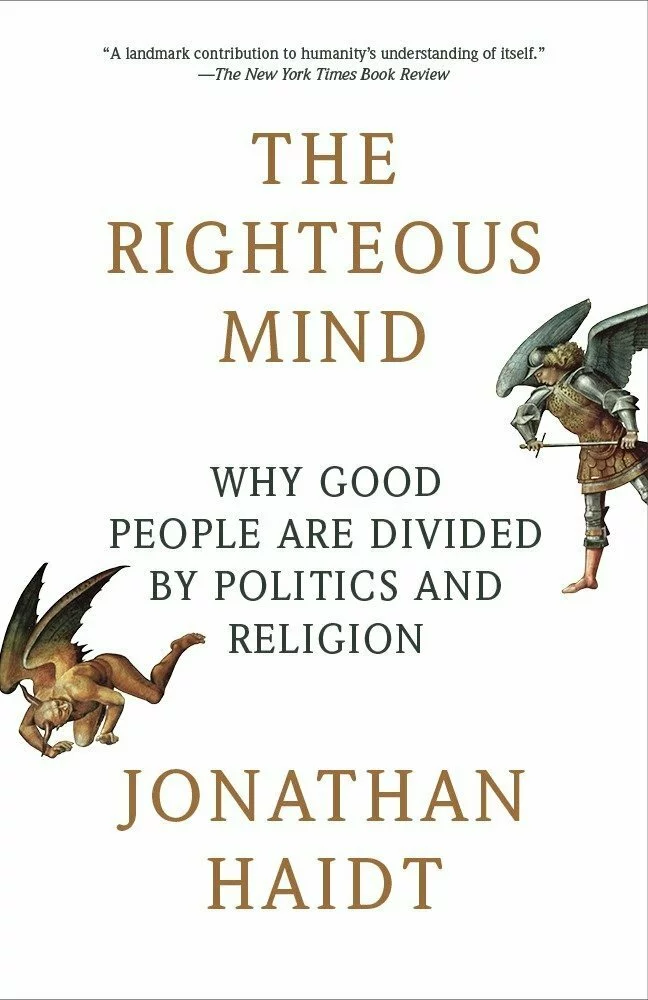
In this book, social pscyhologist Jonathan Haidt explains the connection between morality, politics, and religion. The Righteous Mind addresses how moral decisions are based on intuition rather than reason.

This book fits within that emerging field of Christian theological responses to ecological problems. In Plundering Eden, Wagenfuhr claims that the root cause of our ecological is a broken imagination, and he argues that reconciliation with God the Creator through Jesus Christ is the only means to ecological healing through a renewed, kenotic imagination expressed in the creation of an alternate environment that reveals the kingdom of God--the ekklesia.

Katherine Sonderegger follows her monumental volume on the doctrine of God with this second entry of her Systematic Theology, which explores the doctrine of the Holy Trinity.

In this multi-piece series, which includes a summary article, two book symposium, and an an interview with award-winning authors, Sapientia takes a closer look at the state of the rural church.

Gijsbert van den Brink has joined the fray of science and religion with a contribution from the perspective of the Reformed tradition. In his monograph, van den Brink brings his training in philosophy of science into conversation with the theological particularities of the Reformed tradition.

Evolutionary science teaches that humans arose as a population, sharing common ancestors with other animals. The book of Genesis seems to say that all humans descended from Adam and Eve, a couple specially created by God. These two teachings seem contradictory, but is that necessarily so? In the Genalogical Adam and Eve, Swamidass draws upon some well-established but overlooked scientific insights to advance a new proposal on this old conversation.

Is the human mind uniquely nonphysical or even spiritual, such that divine intentions can meet physical realities? As scholars in science and religion have spent decades attempting to identify a 'causal joint' between God and the natural world, human consciousness has been often privileged as just such a locus of divine-human interaction. Resisting this intuitively dualistic model, as well as contemporary noninterventionist theories divine action theories, Sarah Lane Ritchie argues that a theologically robust theistic naturalism, which she believes offers a more compelling vision of divine action in the mind.

Volume III of a tetralogy devoted to Divine Agency and Divine Action articulates a comprehensive vision of systematic theology focused on divine action from creation to eschatology.

In this book, the product of Denis Alexander's Gifford Lectures, he addresses the complex interplay between biological claims about genes, philosophical claims about determinism and theological claims about God.

God works in miraculous ways. In this series, various scholars engage the work of Luke Timothy Johnson on God's continued presence and power in creation. Johnson proposes an alternative to the secular vision and shows that signs and wonders are at the heart of the Christian faith.

Divine action is bound up with our notions of causality. The way God acts in the world is unlike any other agent, because he is the Cause of all other causes, the Creator and Sustainer of everything that exists. In Unlocking Divine Action, Michael Dodds reframes the conversation about divine action. He retrieves some of Thomas Aquinas’s teaching on causality and applies those ideas to the doctrines of freedom, providence, prayer, and miracles.
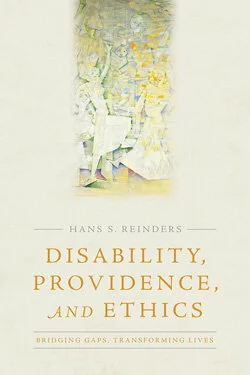
Disability raises questions about our doctrine of providence on both a theological and an experiential level. The most common question is "why?", one that Hans Reinders welcomes. Grief should be expected as we grapple with the difficulties God allows. Yet, God's providence is ultimately about leading us to a transformed life.

In this book on providence, David Fergusson takes a "polyphonic" approach. He gleans from various perspectives in church history to create a constructive work on God's action in the world.
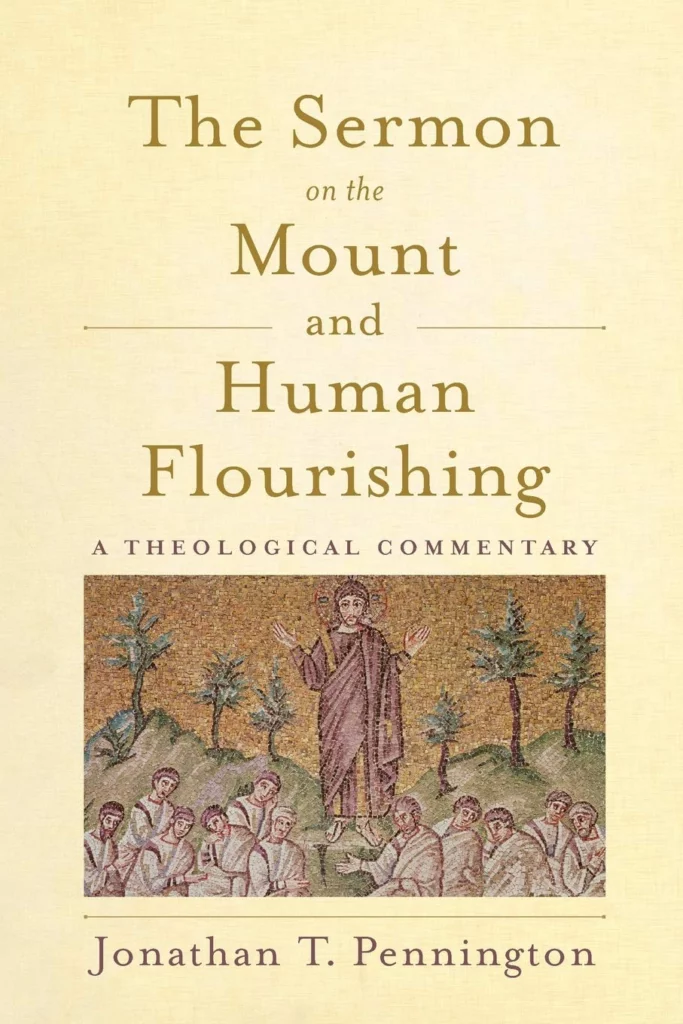
What is a good and flourishing life? Jonathan Pennington delves into this question with The Sermon on the Mount. His book is interdisciplinary, so this conversation includes insight from scholars in several fields.
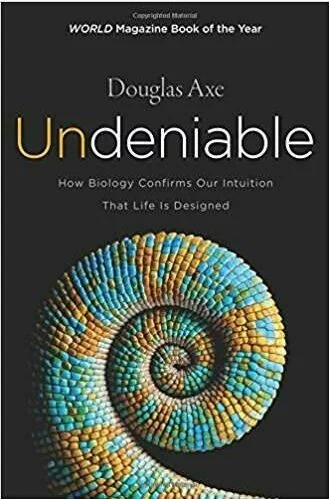
In Undeniable, Molecular Biologist Douglas Axe shows how biology confirms our "design intuition," which is our innate sense that the world was intentionally created. Despite evolutionary theory, biology verifies that there's a God who deliberately designed the world.
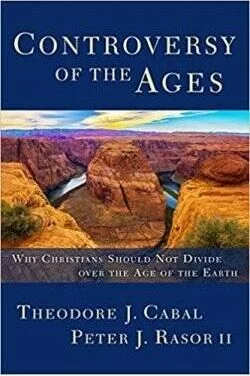
This book examines the way evangelicals handle science-theology conflicts and read Scripture in light thereof. It claims the “battle” between science and theology has been oversimplified and in some arenas misreported.
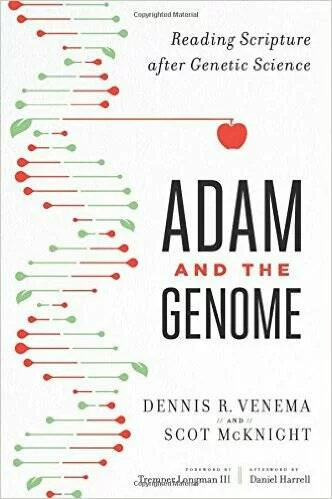
Prevailing genomic science holds that humans descend from a large population. Is this science to be believed and why? And biblically and theologically, what does this mean for the fate of Adam and Eve? In this Biologos sponsored book, evangelical geneticist Dennis Venema and popular New Testament scholar Scot McKnight combine their expertise to proffer an account of “Adam and the genome.”
